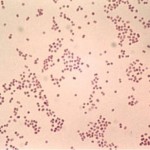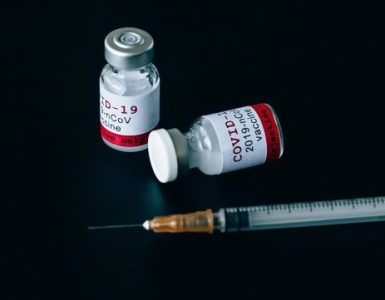
A multicomponent serogroup B Neisseria meningitides vaccine (4CMenB) has been found to be immunogenic against three reference strains when administered with routine vaccines at either two, four, and six or two, three, and four months, and in addition, it produces minimal interference with routine infant vaccinations.
The study included 1,885 healthy infants. After immunization with 4CMenB and routine vaccines together at either two, four, and six or two, three, and four months, 99% or more of participants had human complement serum bactericidal activity (hSBA) titers of 1:5 or greater for strains 44/76-SL and 5/99. For the vaccine antigen NZ98/254, the proportion of infants with hSBA titers of 1:5 or greater was 79% (95% confidence interval [CI], 75.2% – 82.4%) for vaccination at two, four, and six months with routine vaccine; 86.1% (95% CI, 82.9% – 89.0%) for vaccination at two, four, and six months without routine vaccines; and 81.7% (95% CI, 76.6% – 86.2%) for vaccinations at two, three, and four months with routine vaccines.
A sufficient immune response was made against all three strains during all three protocols. Nicoletta Gossger, MD, from the Oxford Vaccine Group, Department of Paediatrics, University of Oxford, United Kingdom, and colleagues for the European MenB Vaccine Study Group found that when the 4CMenB vaccine was administered alone, rather than with routine vaccines, the hSBA titer was higher than when the vaccine was administered with routine infant vaccinations.
When 4CMenB was administered alone, a fever was documented in from 26% (158/602) to 41% (247/607) of patients after they received the 4CMenB vaccination. This compares with a fever response in from 23% (69/304) to 36% (109/306) of patients receiving routine vaccinations alone, and with a response in from 51% (306/605) to 61% (380/624) of patients after the 4CMenB and routine vaccinations were administered together.
These results are consistent with smaller trials that found 4CMenB to be more broadly immunogenic when given with detergent-extracted outer membrane vesicles (OMVs), as was done in this trial. The presence of OMVs may be associated with a higher incidence of fever.
In future, countries will have to weigh the benefits of serogroup B vaccination against the costs of adding vaccines to the infant schedule. The anticipated licensure of this vaccine in Europe and other countries means that for the first time vaccines to prevent all five of the serogroups that cause most meningococcal disease worldwide will be available.

















